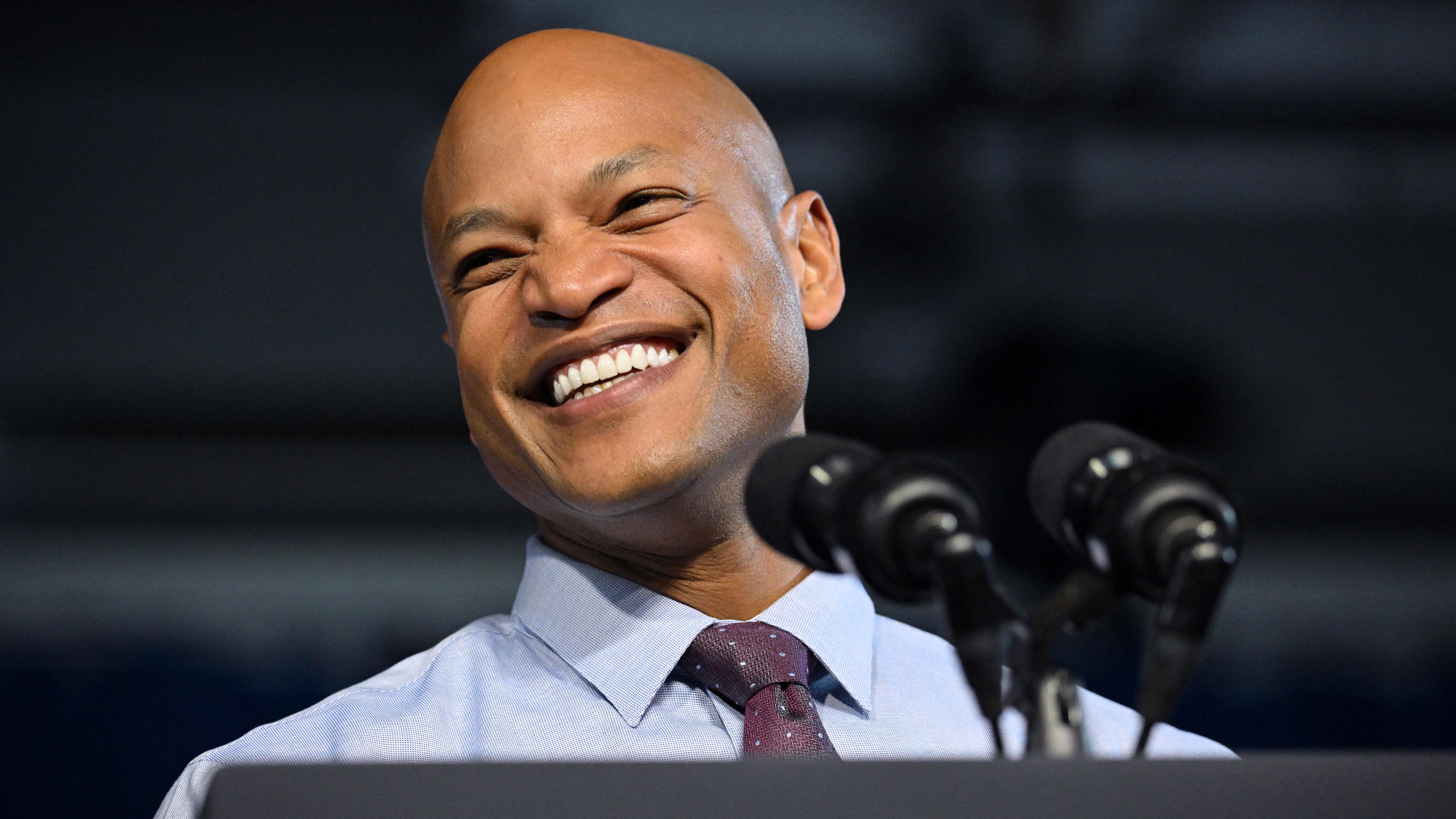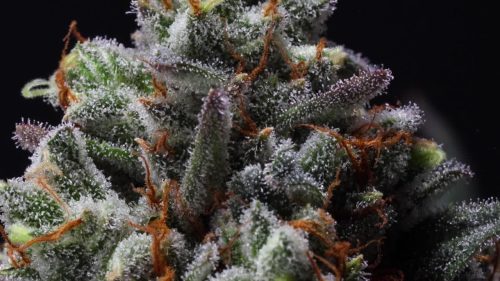In what has been called a “historic” move, Maryland Gov. Wes Moore has granted pardons to over 175,000 individuals with marijuana convictions. This decision marks the broader effort to address the longstanding impacts of the “War no Drugs,” and to promote social justice and equity within the state.
Pardoning Marijuana Convicts: A Step Towards Justice
Governor Moore’s mass pardoning is a significant stride towards rectifying the injustices caused by decades of stringent marijuana laws. Many of those who have been pardoned were convicted of non-violent marijuana offenses that have disproportionately affected minority communities. By clearing these records, the state aims to reduce the barriers that these individuals face when seeking employment, housing, and educational opportunities.
For those receiving pardons, this action can be life-changing. A criminal record for marijuana possession can create numerous obstacles in everyday life. With these pardons, thousands of Maryland residents will now have the opportunity to rebuild their lives without the stigma of a criminal record. This move opens doors to new employment opportunities, the ability to secure housing, and access to educational programs previously out of reach.

Aligning with National Trends
Governor Moore’s decision aligns with a growing trend across the United States to decriminalize marijuana and address the damages caused by its prohibition, as seen with the recent defense bill to ban marijuana testing for military recruits. Several states have enacted similar measures, reflecting a shifting public opinion towards more lenient and equitable drug policies. Maryland’s action places it at the forefront of this progressive movement.
This landmark decision was strongly influenced by the tireless work of advocacy groups who have long campaigned for marijuana reform and criminal justice overhaul. Organizations advocating for social justice and drug policy reform have applauded Governor Moore’s decision, seeing it as a critical step towards a fairer and more just legal system.
Future Implications
Looking forward, Governor Moore’s mass pardoning sets a precedent for future reforms. It suggests that further changes to the state’s drug policies may be on the horizon, including the potential for broader decriminalization or legalization efforts.
All in all, Governor Wes Moore’s decision to grant pardons to over 175,000 individuals for marijuana offenses marks a pivotal moment in Maryland’s history. It is a bold step towards justice and equity, offering new hope to thousands of residents. As the state moves forward, this action is likely to inspire continued efforts towards comprehensive drug policy reform and social justice initiatives.








